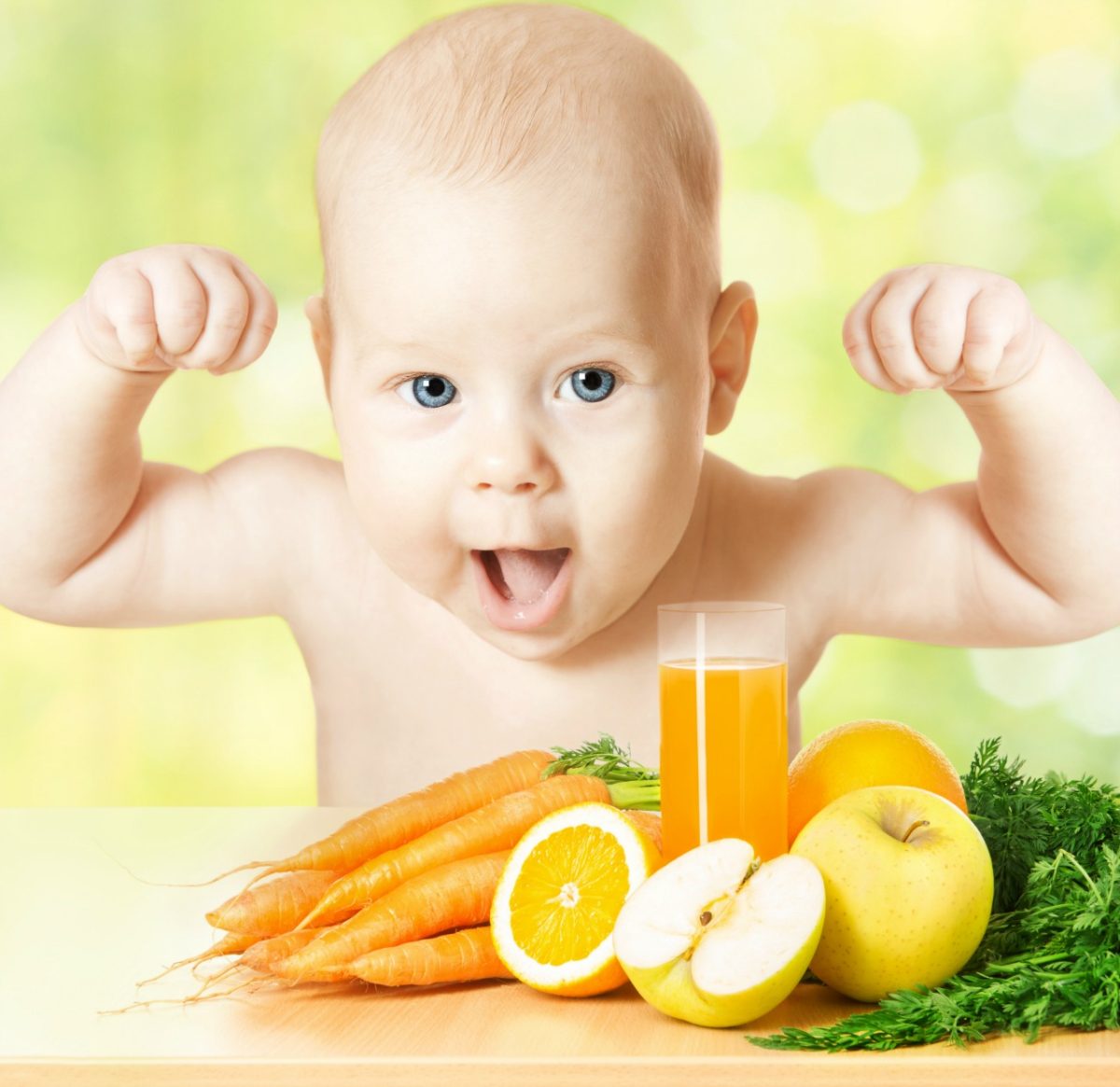As an expectant mother, you have a lot to think about when it comes to the health of your baby. One of the most important factors in healthy baby development is the food that you eat. Your diet during pregnancy can have a significant impact on your baby’s growth and development.
Table of Contents
The Importance of a Healthy Diet
Eating a well-balanced, nutritious diet during pregnancy is essential for your baby’s health. The nutrients you consume play a crucial role in fetal development, helping to build your baby’s brain, bones, and organs. Additionally, a healthy diet can help reduce the risk of complications during pregnancy and childbirth, such as gestational diabetes and preterm labor.
What to Eat
So, what should you be eating to help ensure healthy baby development? Here are some key nutrients and foods to consider:
Protein
Protein is essential for fetal growth and development. Aim to consume around 75-100 grams of protein per day, depending on your weight and activity level. Good sources of protein include lean meats, poultry, fish, eggs, beans, and tofu.
Fruits and Vegetables
Fruits and vegetables are packed with vitamins, minerals, and fiber that are essential for fetal development. Aim to consume at least five servings of fruits and vegetables per day, choosing a variety of different colors and types. Good choices include leafy greens, berries, citrus fruits, carrots, and sweet potatoes.
Whole Grains
Whole grains are an excellent source of fiber, which can help regulate digestion and prevent constipation during pregnancy. They also provide essential nutrients like iron and B vitamins. Good choices include whole wheat bread, brown rice, quinoa, and oatmeal.
Dairy
Dairy products are an excellent source of calcium, which is essential for building strong bones and teeth. Aim to consume around three servings of dairy per day, choosing low-fat or fat-free options whenever possible. Good choices include milk, yogurt, and cheese.
Foods to Avoid
While there are many foods that are beneficial for healthy baby development, there are also some foods that should be avoided during pregnancy. These include:
Raw or Undercooked Meat
Raw or undercooked meat can contain harmful bacteria like E. coli and Salmonella, which can be dangerous for both you and your baby. Be sure to cook all meat to the appropriate temperature (usually 165°F) to kill any bacteria.
Raw or Undercooked Eggs
Raw or undercooked eggs can also contain harmful bacteria like Salmonella. Avoid foods like homemade Caesar dressing, hollandaise sauce, and raw cookie dough that may contain raw eggs.
Raw or Undercooked Fish
Some types of fish can contain high levels of mercury, which can be harmful to your baby’s developing brain and nervous system. Avoid eating shark, swordfish, king mackerel, and tilefish during pregnancy. Instead, choose low-mercury options like salmon, tilapia, and shrimp.
Conclusion
Eating a healthy, well-balanced diet during pregnancy is essential for healthy baby development. By focusing on nutrient-rich foods like lean proteins, fruits and vegetables, whole grains, and low-fat dairy, you can help ensure that your baby gets the nutrients they need to grow and thrive. Remember to avoid foods that could be harmful, like raw or undercooked meat, eggs, and fish, and talk to your healthcare provider if you have any concerns about your diet or nutrition during pregnancy.
 Source: bing.com
Source: bing.comFrequently Asked Questions
1. Can I eat seafood during pregnancy?
Yes, you can still enjoy seafood during pregnancy, but it’s important to choose low-mercury options like salmon, tilapia, and shrimp. Avoid high-mercury fish like shark, swordfish, king mackerel, and tilefish.
2. Do I need to take a prenatal vitamin?
Yes, taking a prenatal vitamin can help ensure that you get all the nutrients you need for a healthy pregnancy. Look for a vitamin that contains folic acid, iron, calcium, and other essential vitamins and minerals.
3. Can I eat soft cheeses during pregnancy?
Soft cheeses like Brie, feta, and goat cheese can contain harmful bacteria like Listeria, which can be dangerous for your baby. Stick to hard, aged cheeses like cheddar and Swiss instead.
4. Do I need to eat more calories during pregnancy?
Yes, you will need to consume more calories during pregnancy to support your baby’s growth and development. However, the exact amount will depend on your pre-pregnancy weight and activity level. Talk to your healthcare provider to determine how many extra calories you should be consuming each day.
5. Is it safe to drink coffee during pregnancy?
Moderate caffeine intake (less than 200mg per day) is generally considered safe during pregnancy. However, it’s important to keep in mind that caffeine is also found in other foods and beverages, like chocolate and tea. Be sure to read labels carefully and consume caffeine in moderation.
